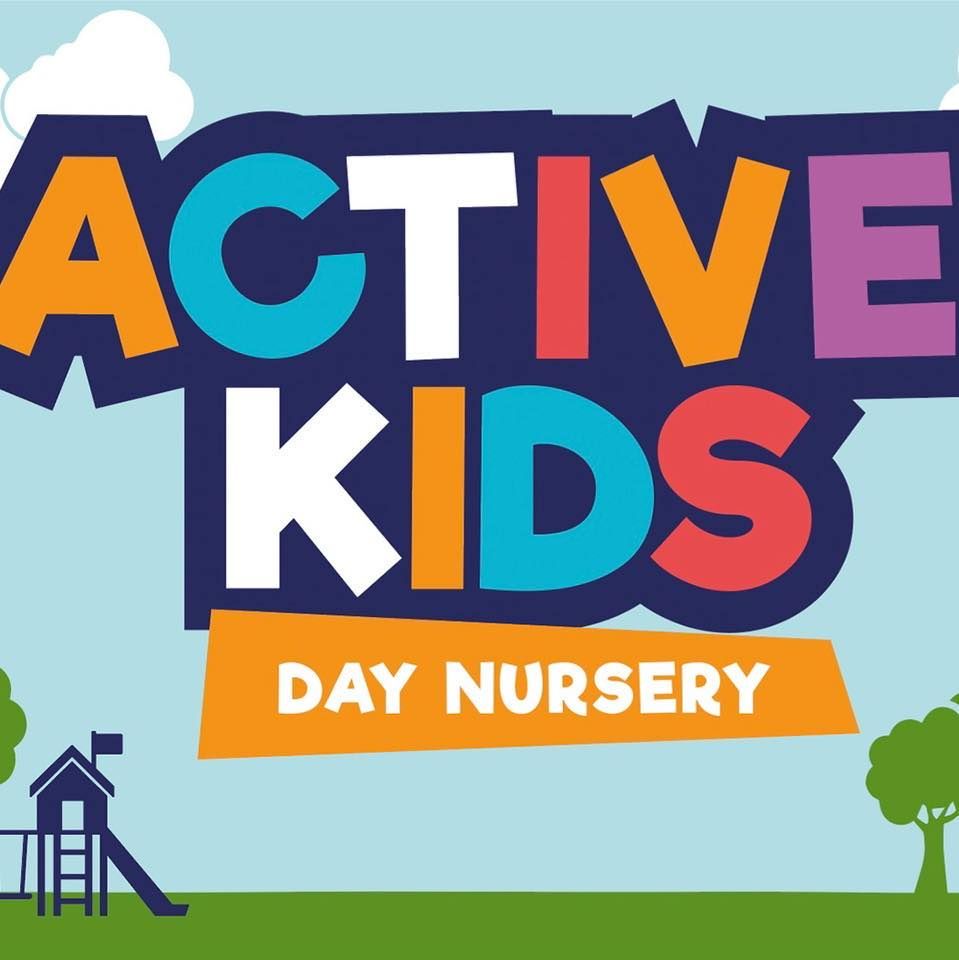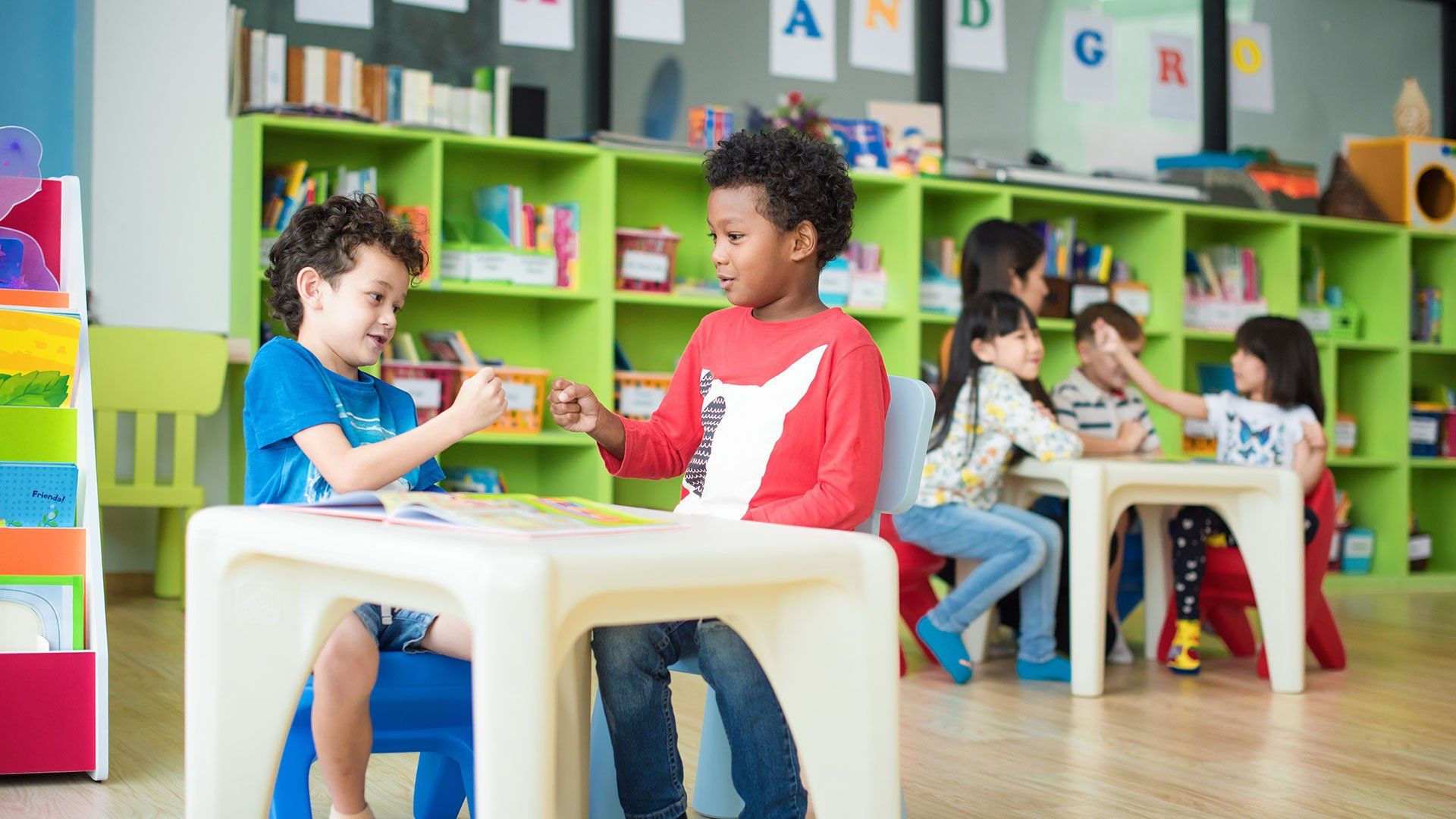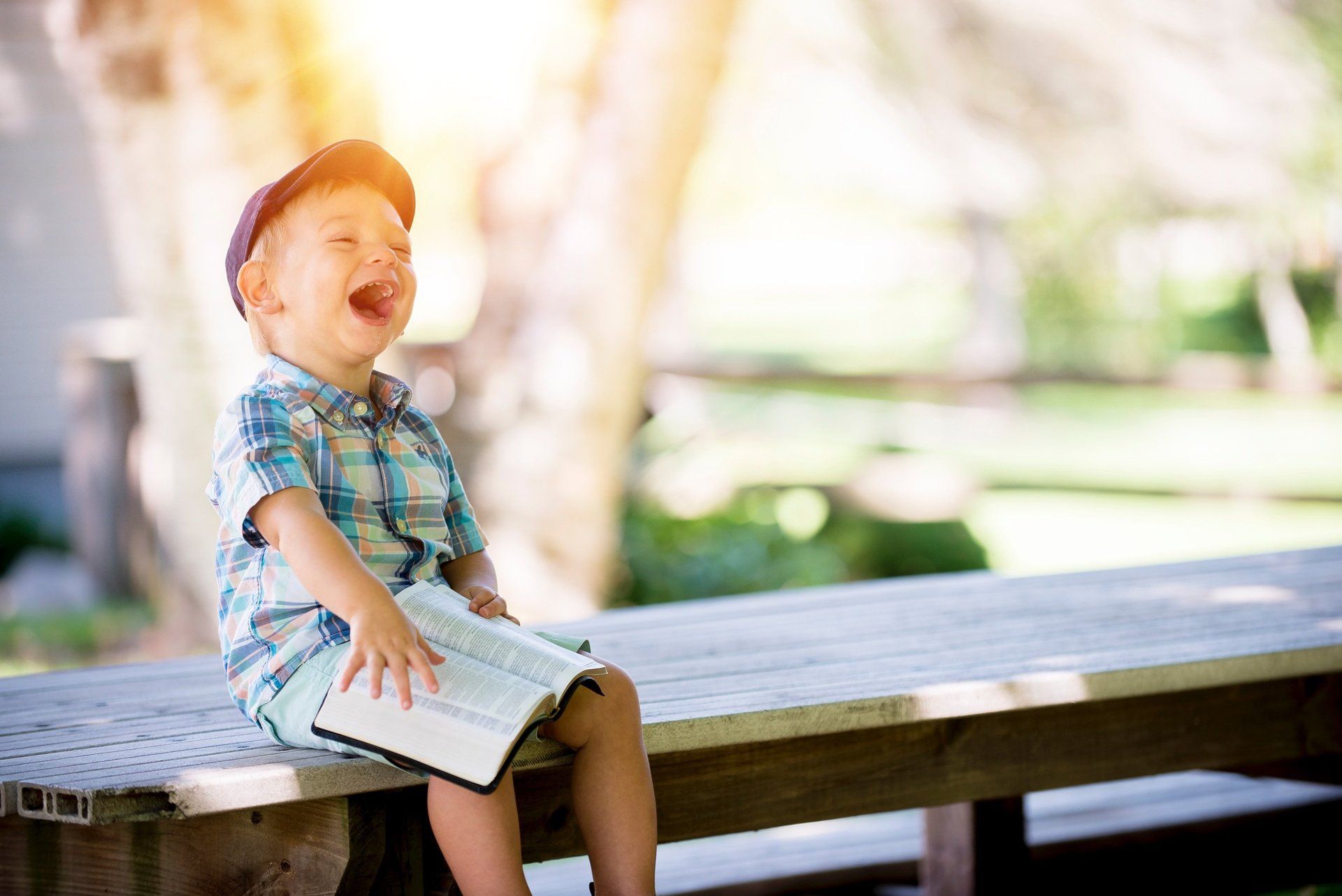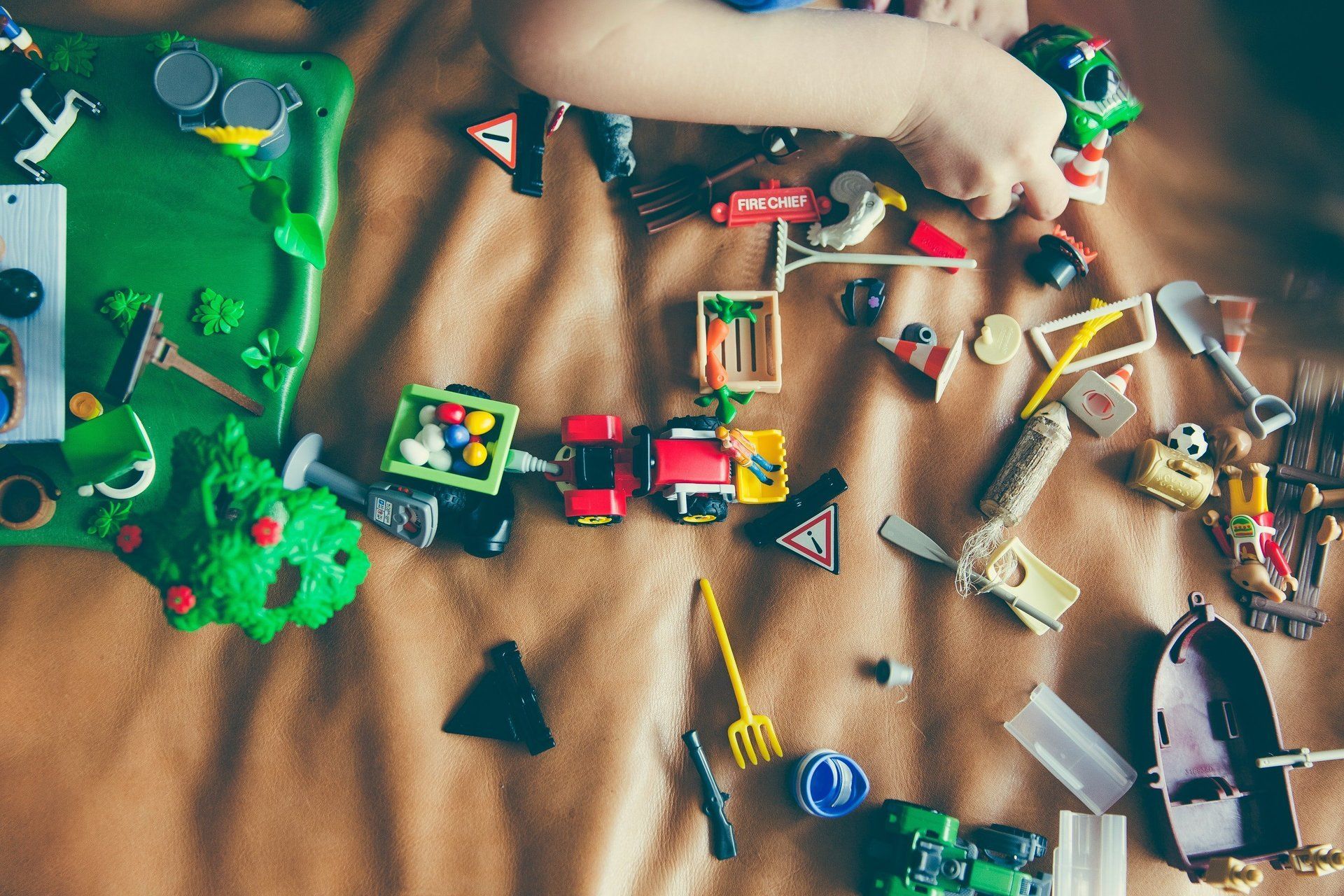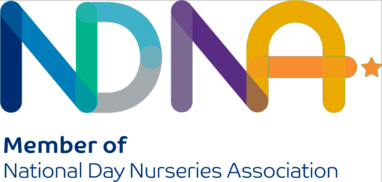
Our Vision
To deliver high quality childcare, combined with relevant early education and skills to last a life time.
The EYFS - What is it?
Welcome to the Early Years Foundation Stage (EYFS), which is how the Government and early years professionals describe the time in your child’s life between birth and age 5. This very important stage helps your child get ready for school as well as preparing them for their future learning and successes. Up until the age of 5, their early years experience should be happy, active, exciting, fun and secure; and support their development, care and learning needs.
All establishments registered to deliver the EYFS must follow a legal document called the Early Years Foundation Stage Framework and we are regulated by Ofsted to ensure this happens.
What is the EYFS Framework – why do we have one?
The EYFS Framework exists to support all professionals working in the EYFS to help your child, and was developed with a number of early years experts and parents. In 2012 the framework was revised to make it clearer and easier to use, with more focus on the things that matter most. This new framework also has a greater emphasis on your role in helping your child develop. The framework has been revised again with changes to the statutory guidance came into effect in September 2021.
What is heuristic play?
Hygiene Standards
Keep illness at bay.
Good hygiene standards help to keep illness at bay. All children will learn from the very start that they must wash hands before eating, and after using the toilet. The health and well-being of our children is very important to us so we provide them with a healthy diet, including fresh fruits and vegetables on a daily basis, along with milk and water.
Coughing and sneezing into the elbow has helped us throughout the pandemic to keep everyone safe, only having to close once in 2020 after re-opening on 1st June 2020.
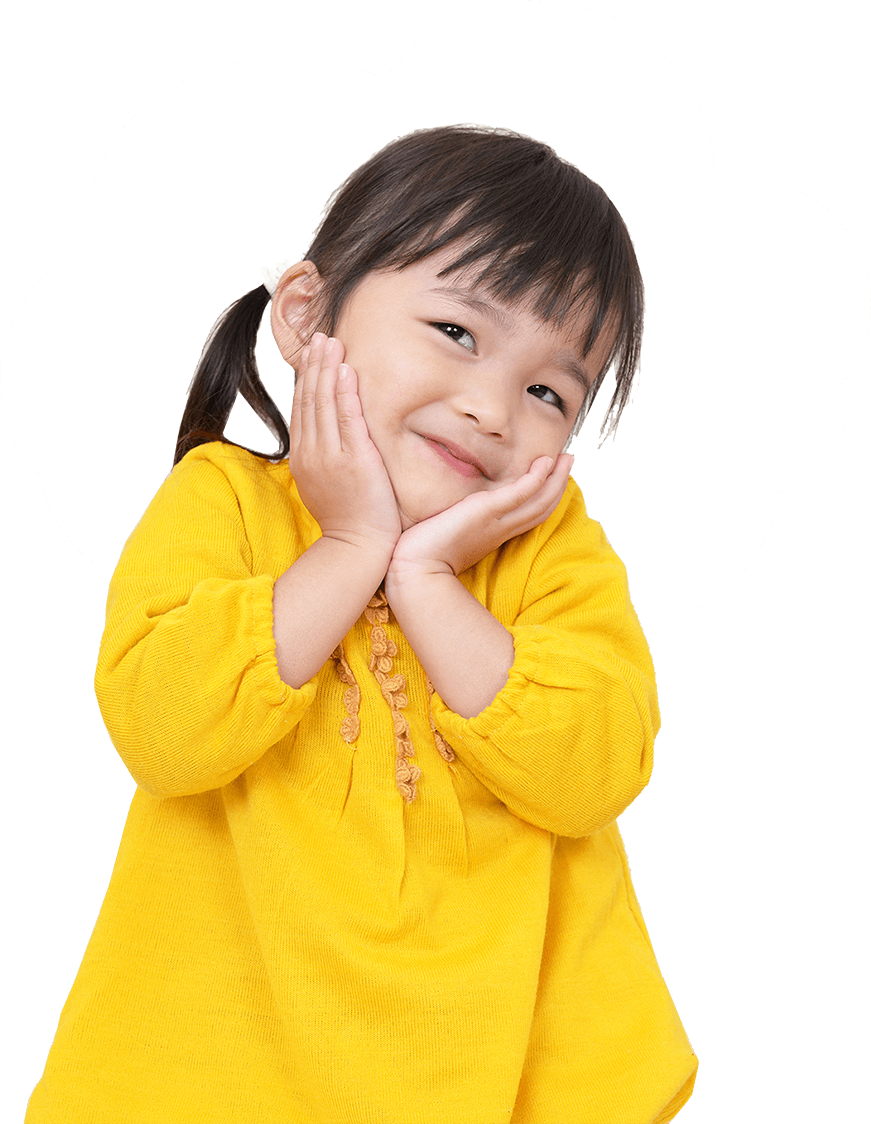
Our Beliefs
Communication
Take a look at our gallery...
List of Services
-
✓ Top 20List Item 1
Voted one of top 20 nurseries in Yorkshire and Humberside in 2018 by our parents
Read Our reviews on www.daynurseries.co.uk
-
✓ Online AccessList Item 3
Famly Parent Monitor providing daily online access to your child's keyworker and thier days activities.
-
✓ Qualified StaffList Item 4
Our team has 6 qualified, friendly, enthusiastic and loving staff. They consist of 1 degree level 6, 2 Degree level 5, 2 Level 3, 1 Level 2 and 1 Apprentice and our in-house Cook/Supervisor who is also level 3 Qualified.
List of Services
-
✓ Secure FacilitiesList Item 1
Fantastic outdoor play facilities with age appropriate resources in each area and now with CCTV
-
✓ SafeguardingList Item 2
Our recruitment process is embedded with a rigorous vetting procedure, all new employees are required to produce a full DBS, references and ID checks before their first start date. Our childrens safety is paromount, daily risk assessments in our outdoor play area are taken before children go out to play.
-
✓ 5 Star HygieneList Item 3
Five star Food and Hygiene Certificate with full time cook on site
-
✓ TestimonialsList Item 4
Range of testimonials available for parents to view
